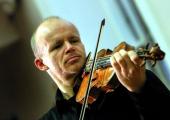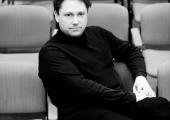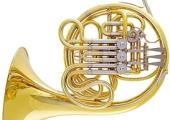Interview: Pianist Nick Van Bloss

Anatomy of a musical talent: a British pianist rises again
A new recording of The Goldberg Variations is now available, by Nick Van Bloss. In the annals of British pianism, it’s not quite a name to be conjured with. Or not yet. Until he performed at Cadogan Hall in 2009, he had not visited the concert platform in 15 years. After a promising early career, he retired at the age of 26. It’s not as if he didn’t play the piano at all in the interim. He just didn't play to anyone but himself. The reason why he gave up performing is simple. Van Bloss suffers severely from Tourette’s syndrome.









